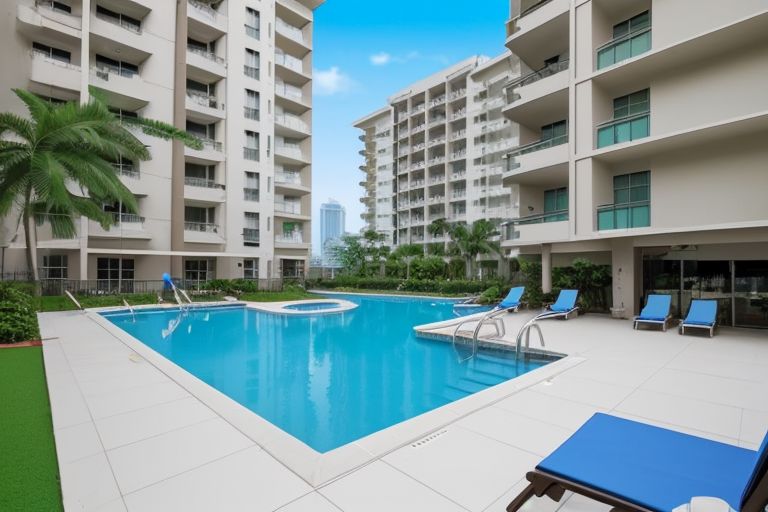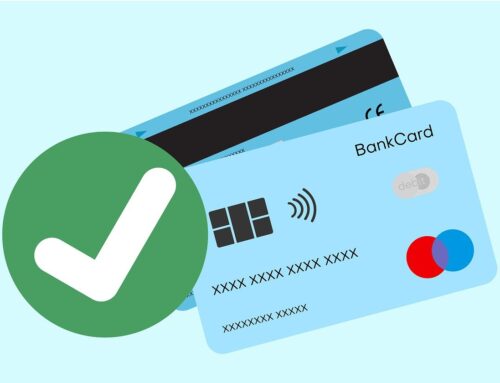
Long Term Lease Costs & Considerations of Metro Manila Condos with Pools
There’s something irresistible about condo life with a pool in Metro Manila. Whether you’re looking for a relaxing escape from the heat or a staycation-ready amenity, pools are a major draw. But before you dive in, it’s smart to understand the full picture of long-term lease costs and what impacts them.
What Affects Condo Rental Prices in Metro Manila?
Monthly rent can range anywhere from ₱12,000 to ₱350,000 depending on several factors:
-
Location Matters
Condos in Makati, BGC, or Ortigas command higher prices than those in outlying areas like Pasig or QC. -
Unit Size and Layout
A studio unit will be more affordable than a spacious 2–3 bedroom condo. -
Furnished vs. Unfurnished
Furnished units are move-in ready but usually come at a premium. -
Building Amenities and Rating
Higher-end buildings with pools, gyms, and 24/7 concierge services often cost more. -
Lease Duration
You might get a slight discount for signing a 1-year lease instead of a 6-month term.
Beyond Rent: Other Factors to Think About
-
Building Management and Maintenance
Read reviews or ask current residents about how well the building is maintained. A responsive admin can make or break your living experience. -
Security and Safety
Inquire about guard availability, CCTV coverage, and building access controls. -
Pet Policy
Not all condos are pet-friendly. Check if pets are allowed and if there are extra fees. -
Move-in Costs
Expect to pay 2–3 months’ worth of rent upfront (advance and deposit), along with possible association dues and appliance rental fees.
Where to Look for a Poolside Condo in Metro Manila
-
Online Platforms:
Try Rentpad, OLX, and expat-focused Facebook groups. -
Real Estate Agents:
A good agent can save you time and help you negotiate with landlords who understand the expat lifestyle.
Starting a Business in a Condo Building: How to Find the Right Fit
If you’re thinking about setting up a business inside a residential building or targeting condo dwellers, here’s how to do it strategically:
Step 1: Know the Building and the People
-
Understand the Property:
Is it a luxury tower? A family-friendly complex? A young professional hub? Look at building websites or social pages, and if you can, talk to residents. -
Check the Neighborhood:
See what types of businesses already exist nearby. Are there services missing? Could you fill a gap?
Step 2: Pick the Right Business for the Right Building
-
Complement What’s There:
A laundry service, pet grooming station, or mini-grocery might fit perfectly in busy residential buildings. -
Offer Something Unique:
Co-working spaces, fitness classes, or niche food delivery services can thrive in condo communities—especially if no one else is doing it.
Step 3: Create a Target List of Buildings
-
Shortlist Properties:
Choose buildings that align with your business idea—based on size, location, lifestyle, and amenities. -
Think in Clusters:
Targeting several nearby buildings with similar demographics helps you scale faster and reduce delivery or travel costs.
Step 4: Contact the Building Management
-
Find the Right Contact:
Visit the property’s website, ask the front desk, or connect via property management pages on social media. -
Present a Clear Pitch:
Explain how your business adds value to residents. Highlight benefits like convenience, community engagement, and how you’ll help maintain the building’s reputation. -
Offer a Promo:
Launching with a resident-exclusive discount can help you win management’s support and get your first customers onboard fast.
Step 5: Explore Other Paths If Management Isn’t Responsive
-
Resident Associations:
They often have their own Facebook groups or email lists. Getting community support might help you earn management approval later. -
Direct-to-Owner Inquiries:
For some setups (like using a unit as an office or shared service hub), you could negotiate directly with unit owners. Just make sure you’re compliant with condo regulations and zoning rules.
Quick Tips for Success
-
Have a Business Plan Ready:
Be prepared to show how your business will operate, who it serves, and how it’s financially viable. -
Keep It Professional:
Whether it’s an email or a face-to-face meeting, treat it like a pitch. Clean branding and clear communication make a great impression. -
Don’t Give Up After One Try:
Follow up respectfully. Sometimes all it takes is timing or a second conversation to get a yes.
Whether You’re Renting or Starting a Business—Strategy Matters
Metro Manila has plenty of great condos with poolside living and smart business opportunities. The key is approaching your search with clarity—know your goals, understand the environment, and take action with confidence.
Long-Term Lease Costs for Furnished 1-Bedroom Condos with Pools in Metro Manila
A furnished one-bedroom condo with a pool is a dream for many expats in Metro Manila. It offers comfort, convenience, and a great way to cool off from the city heat. But before signing a lease, it helps to know what you’re really paying for. Here’s a look at the average rental costs and what can influence them.
Average Rental Ranges by Area
-
Pasay: ₱22,000 to ₱30,000 per month
-
Quezon City: ₱18,000 to ₱22,000 per month
-
Makati: ₱25,000 to ₱30,000 per month
-
Bonifacio Global City (BGC): ₱30,000 to ₱35,000 per month
Keep in mind these are ballpark figures. Actual prices can shift depending on:
-
The size of the unit and whether it has extras like a balcony or premium view
-
Amenities and building quality
-
If the condo is in a luxury building or a more modest mid-range one
Don’t Forget the Extras
Aside from rent, here are other costs to consider:
-
Association dues: Usually paid monthly and cover maintenance and amenities
-
Security deposit: Often one to two months’ rent, refundable when you move out
-
Utilities: Electricity, water, and internet are usually paid separately
Finding the Right Condo: Tools and Resources
Once you know your budget, it’s time to dive into the search. These tools can help you find the right fit.
1. Online Marketplaces
Websites like Rentpad, OLX Philippines, and real estate platforms let you filter by area, price, and amenities. Be sure to check the box for “furnished” and “with pool” when searching.
Also, expat forums and Facebook groups often share leads and insider tips. Search terms like “Manila condo rentals expat” can point you in the right direction.
2. Real Estate Agents
A good agent can save you time and headaches. They’ll know the buildings that match your criteria and may have access to listings that aren’t online. Plus, they’ll help with lease negotiations and make sure you’re getting a fair deal.
3. Building Websites and Social Media
Many condo buildings now have their own sites or Facebook pages. These can show current listings, unit photos, and building amenities, giving you a feel for the vibe before visiting.
4. Word-of-Mouth
Don’t underestimate referrals. Ask friends, coworkers, or other expats if they know any available units in buildings with pools. Some of the best deals come from personal recommendations.
Pro tip: Watch out for rental scams. Always confirm unit availability directly with management or the property owner before sending any money.
Should You Use a Rental Finder Agent?
If the search feels overwhelming, consider working with a rental finder agent—also known as a tenant broker.
What They Do:
They help you find a place that fits your budget, size preferences, and amenity needs. From hunting listings to setting up viewings and reviewing contracts, they guide you through the process.
Why It Might Be Worth It:
-
They know the market: Agents are plugged into trends and pricing
-
They save you time: No more browsing hundreds of listings
-
They negotiate: Agents can help get better lease terms
-
They offer local insights: From building reputation to safety tips
Choosing the Right One:
-
Check reviews or get referrals
-
Make sure they specialize in the area you’re targeting
-
Clarify fees upfront—they might charge a flat rate or a portion of the first month’s rent
It’s up to you whether to go solo or get help. If you’re short on time or unfamiliar with the area, an agent might be worth the investment.
Moving In: What to Expect as an Expat
You’ve found the condo—now it’s time to settle in. Here’s what you’ll typically need to move forward.
Documents:
-
Valid passport
-
Appropriate visa
-
Alien Registration Certificate (ARC) if you’re staying long-term
-
Signed lease agreement
Payments:
-
First month’s rent upfront
-
Security deposit (1–2 months’ rent)
-
Postdated checks (PDCs) are common, but many landlords now accept:
-
Bank transfers
-
Cash (less common for long-term leases)
-
Additional Fees:
-
Association dues for maintenance and amenities
-
Utilities, if not included in rent (check with the landlord)
Move-In Tips:
-
Confirm your move-in schedule with building management to avoid issues with deliveries
-
Ask about early termination clauses—just in case plans change

















